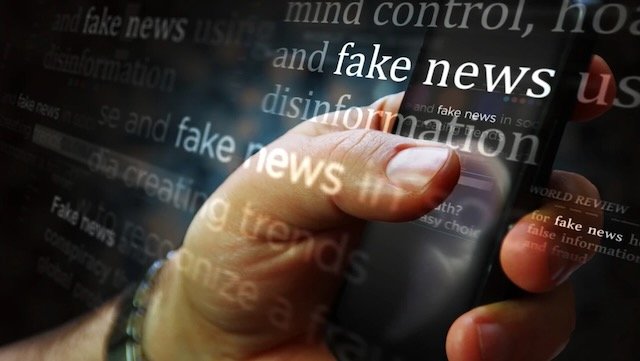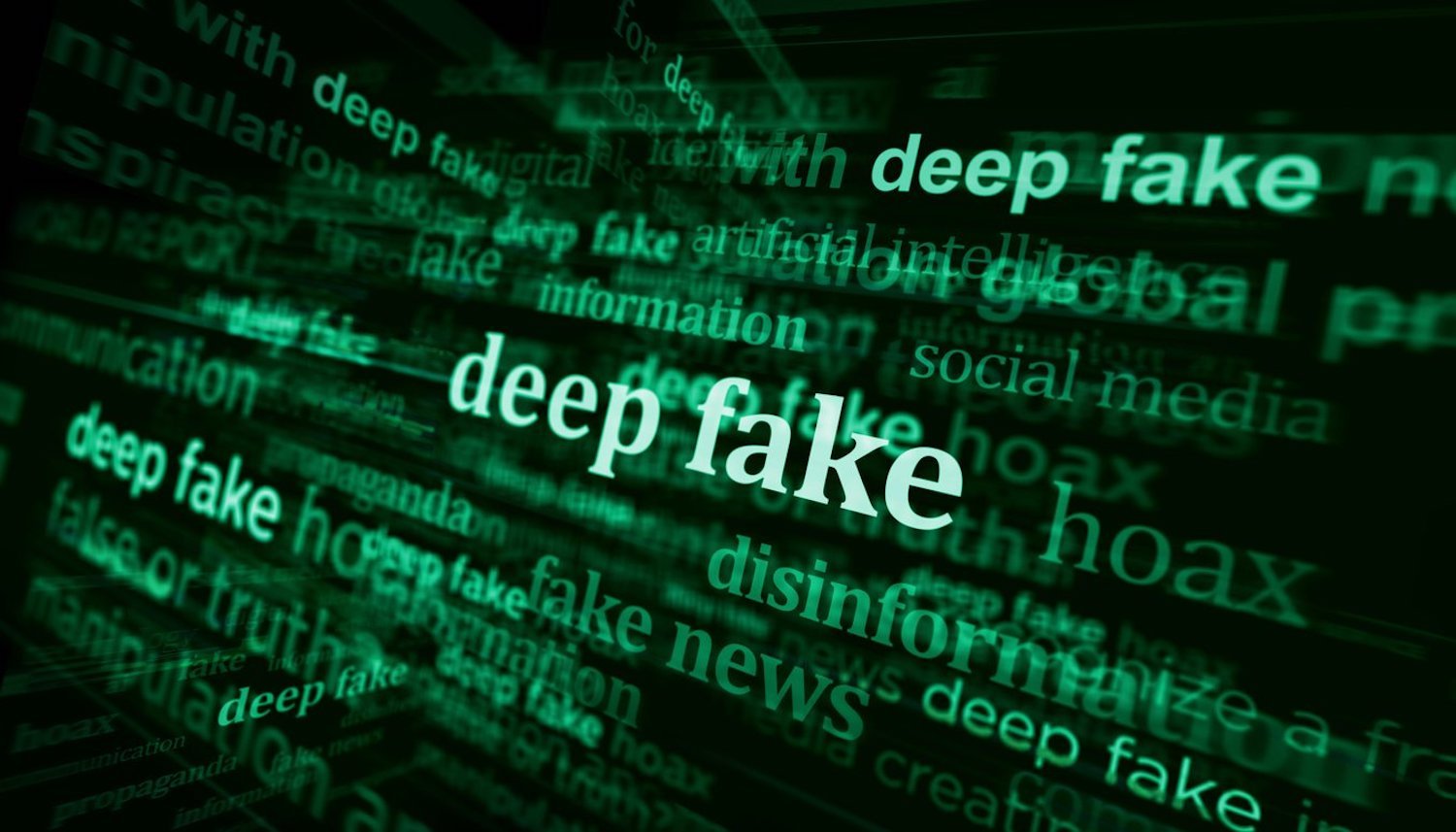Disclaimer: The views and opinions expressed by the Future of Policing Institute fellows are theirs and do not necessarily reflect the views or positions of any entities they represent.

Trust, Confidence and the New Jersey Drones
The ongoing drone sightings over New Jersey and other parts of the eastern seaboard have caused significant community concern, increased anxiety, societal uncertainty, and increasing mistrust in the federal government. These issues highlight the importance of transparency and proactive communication in maintaining public confidence in both government and policing.

The battle against misinformation and disinformation campaigns: Is your police department prepared?
Artificial intelligence (AI) and advanced social media platforms have significantly amplified the spread of misinformation and disinformation, posing critical challenges for police agencies. Misinformation and disinformation are increasingly weaponized, often by state-sponsored actors, leading to public unrest that demands police intervention. The police must act proactively to counter this.

Why Police Academy Directors should focus on Five Simple Questions?
Today, we need cops whose core competencies are consistent with organizational values and contemporary views of the true purpose of policing. The formal training of these officers begins in police academies. There are five basic questions each academy director should be asking themselves as they reflect on the nature of the training they are providing.

Are you a police chief or a firefighter?
If you spend most of your day putting out spot fires, you are not setting the course for your agency – here’s how to balance crisis management with long-term planning.

A Model Policy for Policing’s use of Generative AI
Policing organizations will be well-served by adopting a policy on the use of Generative AI tools like ChatGPT to ensure the responsible use of AI. This model policy provides a starting place for that adoption.

Preparing for Deepfakes
Deepfakes, the fake news stories, photos, audio clips or videos of people saying things they didn’t, or depicting events that didn’t happen, are one of the many new realities of the age of artificial intelligence. In the near future they will affect policing. Anticipatory police leaders should be educating themselves and their staff on deepfakes. They will also be developing strategies for dealing with deepfakes aimed at their agencies.

AI-powered Smartphones and Policing
Smartphones have used some form of Ai for several years. Recent advances mean these ubiquitous devices will increasingly use AI as their central technology. In the very near future, policing will harness the power and utlitiy of AI-powered smartphones as they are issued to every officer and they become as prevalent as handcuffs, firearms and body worn cameras on officers’ inventory of routine equipment.

What would Martin Luther King, Jr. say today about policing?
What if we could talk today to Martin Luther King, Jr. today about policing? Would he say something like "I gave a speech in Washington, DC in 1963 about my dream for racial equality in America and I frequently dream about policing in America. I dream of a day when all policing is effective, empathetic and just for everyone, not just the privileged.”

The True Purpose of Policing
Developing a collective agreement on the true purpose of policing is fundamental to advancing policing in the future. Policing’s true purpose is to prevent crime and disorder by being effective, empathetic and just.

